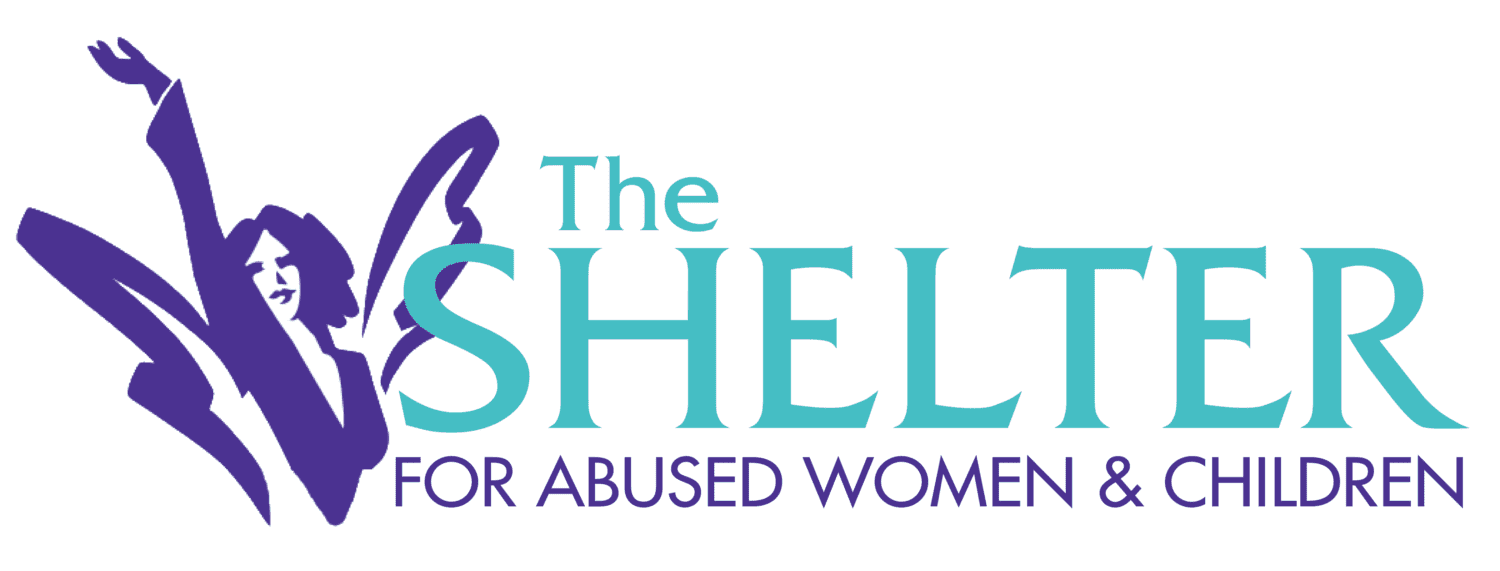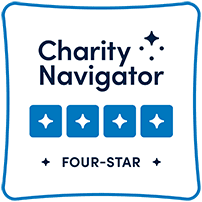Parents want to protect their kids from human trafficking in SWFL
Reporter Rich Kolko
Writer Drew Hill
Parents never stop worrying about their children. But if you thought you didn’t have to worry about human trafficking in Southwest Florida, think again.
The two big questions parents have are: what is law enforcement doing about human trafficking? and, How do you keep your family members safe from this?
These targets of human trafficking may not be who you’d traditionally think of.
“I grew up in a very conservative Catholic home. I never endured any type of childhood trauma,” said one victim.
And, it happens in places that may not immediately come to mind.
“It does occur in Naples, Florida, it did for me,” she said. Yes, Naples, Florida.
This woman, we’ll call her Sara is a survivor of human trafficking. When she was a sophomore in college, she began dating someone.
“He just appeared so normal, but because of his, the vibe that he portrayed, I was so curious, because he was such, like, he was everything,” Sara said.
He was kind, positive and attentive. But then, things changed. “He was a master manipulator,” she said.
“He knew exactly what to say he knew exactly how to read me. He knew my vulnerabilities. So, I ended up giving in. And then this “modeling job”, quote, unquote, ended up actually being where I started being trafficked,” said Sara.
Special Agent John Yancey with Homeland Security Investigations, or HSI. He says those are common tactics used by traffickers.
“When they create these organizations create a situation like that, where these people are locked into a situation that they can’t escape from. It’s a terrible thing,” Yancey said.
They prey on vulnerabilities. They recruit boys and girls by intimidating their victims, threatening them and their families. Then, traffickers sell them for sex.
“One case, in particular, comes to mind where young girls, women were recruited to come here, I think there was one that was promised she thought she was coming here, being offered a job, cleaning houses, you know, a nice, you know, better life for her what she thought, then once the organization got here, got her here, they basically forced her into a life of prostitution,” said Yancey.
Linda Oberhaus works with the Shelter for Abused Women & Children in Collier County. These are the people that she helps.
“Approximately 96% of the victims of human trafficking, sex trafficking that come through our shelter are US-born citizens, they are, they’re not international trafficking victims, they were born right here,” said Oberhaus.
“These traffickers will traffic girls from all walks of life, you know, from girls who are in the foster care system to girls who live in gated communities,” Linda said.
Many times, she says, parents have no clue that this is happening. So, “being present” and open communication are the keys.
“I think every young adult teenager needs to have an adult figure in their life, you know, and it doesn’t necessarily have to be a parent, it could be a teacher, a coach, a counselor,” she said.
Some of the warning signs to look for are missing school frequently, more than one cell phone, a boyfriend or girlfriend that is much older, someone who is a chronic runaway, and signs of physical abuse.
“If you see a huge change in a child’s behavior, if they become more withdrawn, if they, you know, have erratic behavior, that’s unusual that they haven’t seen before. Those are big key indicators,” Yancey said.
The goal of the shelter is to get victims to a safe environment so that they can break free from their traffickers.
Unfortunately, in Sara’s case, that meant jail time on charges unrelated to trafficking. However, she feels that that’s what freed her.
“And I was so happy the day that I got arrested because that was where it ended for me. That was where it ended,” Sara said. “For me, that was my savior.”





